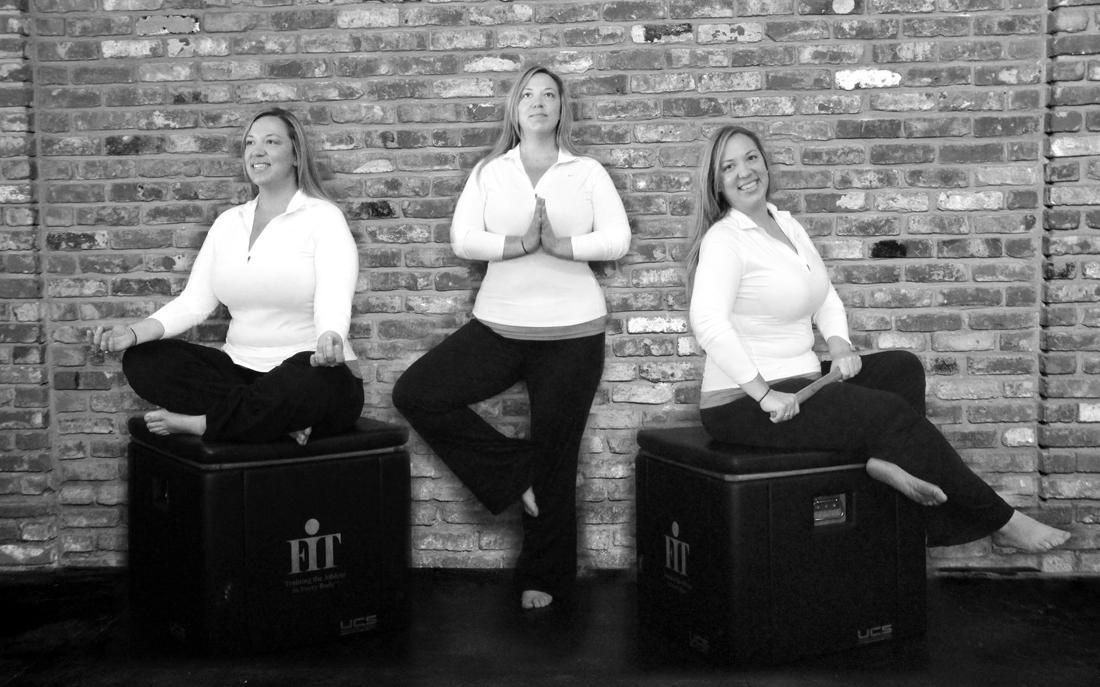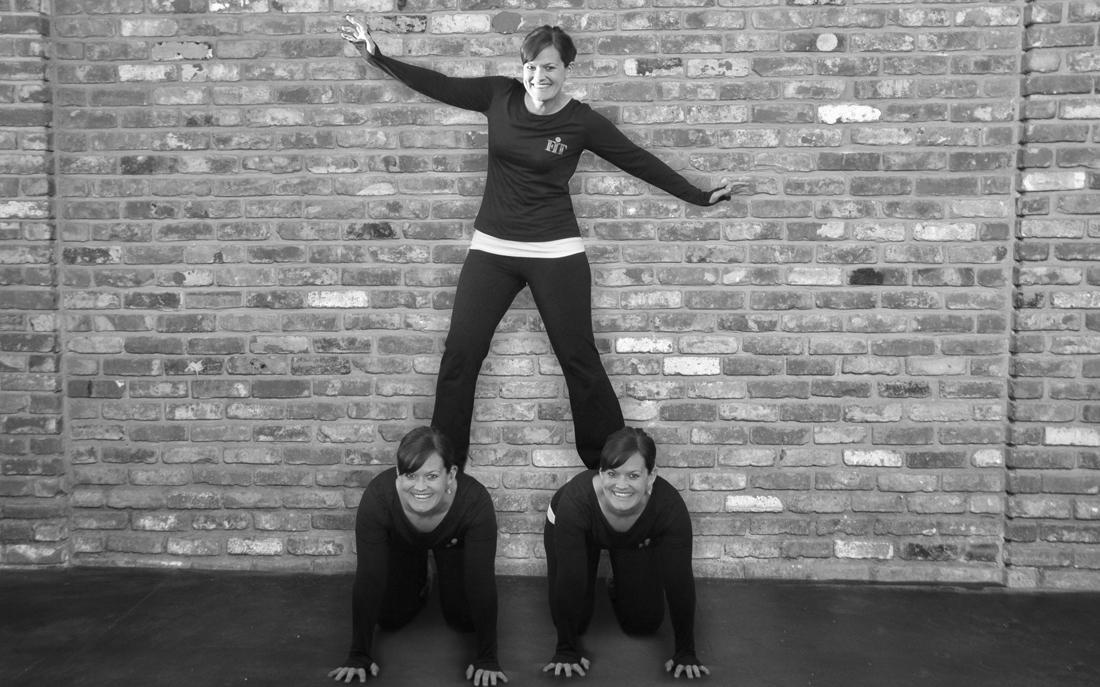
The benefits of reducing stress are well documented, but it’s important to keep in mind that, as we discussed a few months back, stress is the other side of the resiliency equation. The stresses of life essentially prepare us to bounce back from stressful situations more effectively in the future. While knowing this does not make stressful times any more enjoyable or easier to navigate, understanding some of the physiological effects might.
Focus:
Last month’s focus was sleep hygiene and creating small rituals or habits to produce quality sleep as we adjusted to the time change. Even if you are only able to create one small change, these habits tend to build on one another.
When associating sleep and stress, it is helpful to understand the effect of each on our bodies. Cortisol, for example, is our body’s main stress hormone. It is produced by the adrenal glands and regulates many vital processes throughout the body. It plays a role in managing the body’s utilization of protein, carbohydrates, and fats, works with parts of your brain to control mood, helps keep inflammation down, has a regulatory effect on blood pressure, and controls the sleep and wake cycle of your body. When your body is on high alert during periods of stress, cortisol levels can spike which in turn alters or shuts down systems in your body that are non-essential in “survival “ mode. Prolonged, heightened levels of cortisol can lead to issues with your reproductive, digestive, or immune systems which, in turn, interfere with your short and long term health.

How to Cope: Advice on Stress Management
1. Exercise – Exercise decreases risk of various metabolic and cardiovascular diseases. As mentioned above, sheer repetition of mildly stressful activities, like exercise, can change the connection between your behavior and activation of your stress response which is to say, helps build resilience.
2. Meditation – When done on a regular basis for sustained periods of time(e.g. daily for about 15-30 minutes at a time), meditation appears to decrease glucocorticoid levels (cortisol) and sympathetic tone. There are many different types of meditation to try, including guided, walking, Yoga, Tai chi, visualization, and mindful meditation. Experiment to find what works best for you.
3. Social Support – it can be helpful to have a strong network of friends or community. Often, one of the strongest stress-reducing qualities of social support is the act of giving social support. In a world where there can be a lot of things out of our control, one action we all have control over is the ability to make the world a better place, one act at a time.
4. Religion and Spirituality – literature shows us that religious beliefs, religious practice, spirituality, and being prayed for can maintain good health. That is to say, religion and spirituality can decrease the incidence of disease and the mortality rates caused by disease, and can accelerate recovery from disease.
While we hopefully agree that a life without stress would be boring and unhealthy, it is also true that living life with overwhelming stress is equally undesirable. The goal is to develop skills and techniques to balance stress and find healthy outlets. As we step into spring, we hope you will put some these coping mechanisms into practice and that doing so helps cultivate joy and satisfaction in your day to day.
“There remains a whole realm of health and disease that is sensitive to the quality of our minds – our thoughts and emotions and behaviors…. It is here that we must turn from our physicians and their ability to clean up the mess afterward and recognize our own capacity to prevent some of these problems beforehand in the small steps with which we live our everyday lives. We are uniquely smart enough to have invented these stressors and uniquely foolish enough to have let them too often dominate our lives. Surely we have the potential to be uniquely wise enough to banish their stressful hold.” -R.S.



















